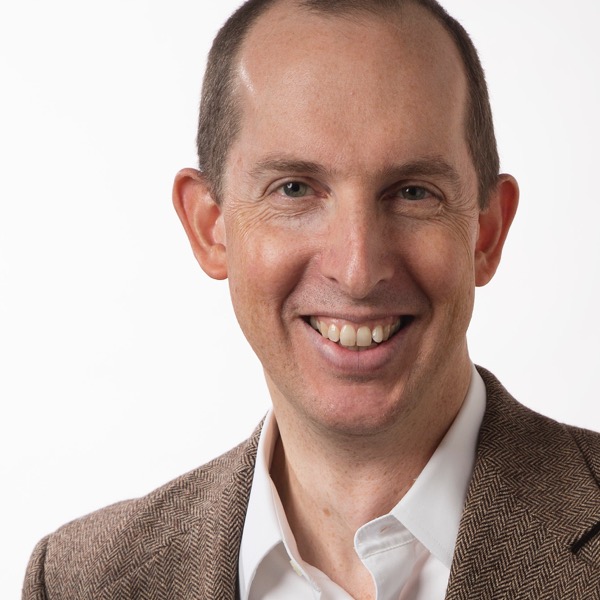About The Optionality Project
The Optionality Project was created to help entrepreneurs think about their capital options, as well as help foster new paths. In particular, we want to explore the funding spaces between bootstrapping and venture capital. If you are interested in talking, feel free to reach out to me at giff@optionalityproject.com.
This initiative kicked off because of a few core hypotheses:
Hypothesis #1: Too many entrepreneurs obsess about getting capital, without spending enough time thinking about alignment with their capital providers. That might sound like a luxury, but it's not. Your capital decisions play an outsized role in whether your journey ends in heartache or happiness. In particular, too many entrepreneurs rush into raising venture capital too early, before they really know whether their business will fit the VC model.
Hypothesis #2: Too many startups that have the potential to become good, but not unicorn, businesses struggle to raise any capital at all.
Hypothesis #3: Too many founders who either don't live in one of the major startup hubs, or who don't fit VC "pattern recognition" of what good looks like, struggle to find a capital partner to help them
We don't believe that venture capital is bad, nor that bootstrapping is better. We do believe, however, that entrepreneurs need to have more options and to be smarter about choosing those options.
Subscribe to our Newsletter
Behind The Optionality Project
My name is Giff Constable. I've worked in and with startups for over two decades, across both enterprise and consumer software. I've sold three businesses while at the helm, helped get many others to exit as either an executive or advisor, and served as an investment banker at Broadview/Jefferies. Most recently, I led product and engineering at fintech startup Axial, where I got a bird's-eye seat watching how private equity was engaging with small to mid-sized companies.
I've also written two books teaching teams how to vet new business ideas through research and experimentation. The first, Talking to Humans, won a special award from the National Science Foundation and is in use at most university entrepreneur programs around the world. The second, Testing with Humans, was released Oct 2018 to critical acclaim.

